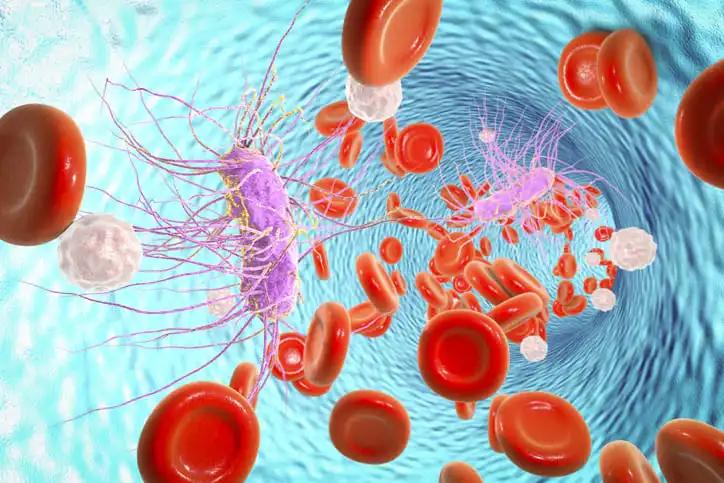KEY TAKEAWAYS
- The XCELSIOR trial aimed to improve access to care and support for FLC pts.
- Pts were offered a virtual tumor board review with international experts and consented to the observational research protocol XCELSIOR.
- Local oncologists adopted most recommendations, suggesting this is a valuable service. Outcomes are being studied to determine clinical utility.
Fibrolamellar carcinoma (FLC) is a rare liver cancer that accounts for approximately 1,500 new cases annually. Due to the limited availability of expertise in FLC locally, patients(pts) often have to travel long distances to see experts. Virtual consults have improved access to expertise, but patients need help identifying the best experts for an ultra-rare condition. Multidisciplinary tumor boards (MTBs) of experts offer better clinical guidance, but they are only sometimes available to pts.
Foundations and advocacy groups are vital in navigating and supporting pts with rare cancers. They can help pts find the best experts, navigate the healthcare system, and provide emotional support. Researchers aimed to improve access to care and support for FLC pts.
The study included FLC pts and their local oncologists to participate in a multidisciplinary virtual tumor board (VTB) review. Each VTB panel included the local oncologist, a patient advocate, a molecular pharmacologist, and international FLC experts, such as medical, radiation, interventional, and surgical oncologists. During these VTB sessions, the pt’s clinical history and relevant imaging were reviewed, and various surgical, radiological, and systemic treatment approaches were discussed. Pts consented to participate in this study, which enabled the creation of longitudinal clinical summaries and the annotation of outcomes.
The VTB conducted 71 discussions involving 59 unique pts, with 12 pts discussed more than once. These discussions covered 12 new diagnoses, 28 relapses, 14 cases of treatment failure, and ongoing care for 5 pts. The median age at diagnosis was 18 years, ranging from 6 to 44 years. Pts received care from 44 different healthcare institutions across 22 states in the USA and 4 countries (Australia, Switzerland, and the Netherlands). Around 36 distinct treatment regimens were discussed, resulting in 21 top-ranked consensus options for treating oncologists. The most common consensus treatment options included gemcitabine, lenvatinib, and nivolumab (13 cases), interventional radiology (IR, 11 cases), surgical resection (6 cases), and a regimen of gemcitabine, oxaliplatin, and lenvatinib (6 cases). The primary healthcare teams followed the VTB recommendations in 85% of cases (60 out of 71), which included changes in systemic therapy (33 cases), interventional radiology (11 cases), continuation of the current regimen (11 cases), surgery (6 cases), and radiation oncology (2 cases).
The study found local oncologists adopted most recommendations, suggesting this is a valuable service. Outcomes are being studied to determine clinical utility.
Source: https://ascopubs.org/doi/abs/10.1200/JCO.2023.41.16_suppl.e18624
Clinical Trial: https://clinicaltrials.gov/study/NCT03793088
Paul Kent, Jordan C. Tasse, Erik Schadde, Tomoaki Kato, Abhinav Humar, Oliver M. Fisher, Matthew Dixon, Darrell Yamashiro, Albert Cornelius, Nelson Andrew Royall, Thomas Kim, Julie C. Friedland, Timothy Joseph Stuhlmiller, Alaa Awawda, Alanis Sabates, Mark Adam Shapiro, Jessica Ellison, and Tom Stockwell. DOI: 10.1200/JCO.2023.41.16_suppl.e18624 Journal of Clinical Oncology 41, no. 16_suppl (June 01, 2023) e18624-e18624.



